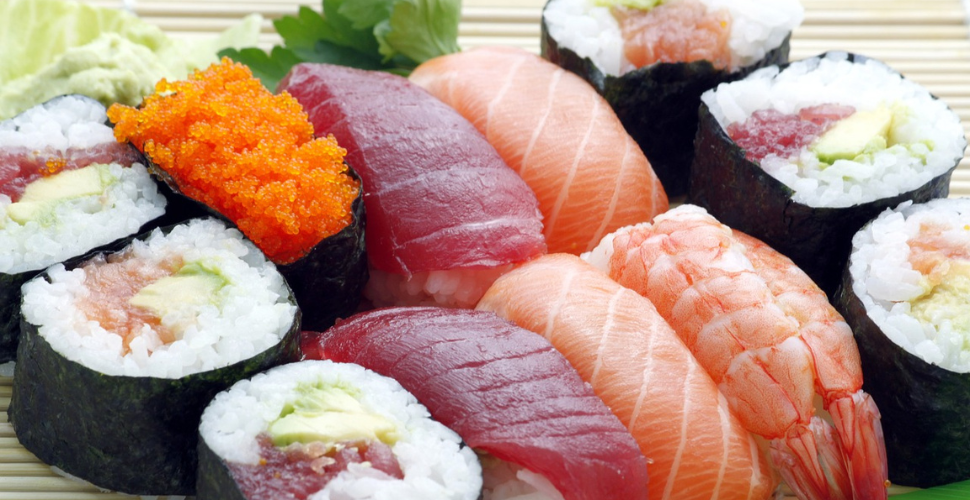
Did you order a side dish of forced labor with your spicy tuna roll?
The Marine Stewardship Council (MSC) is the world’s most recognized ecolabel for sustainable seafood. But Yahoo Finance reports new research published in Ocean Sustainability found that despite claims to the contrary, MSC has been failing to identify forced labor violations in the fisheries it certifies.
The high seas are hiding a fishy secret
Fishing on the high seas, particularly tuna fishing, has a well-earned reputation as one of the world’s most remote and dangerous jobs. Sadly, recent research has again found that limited visibility and difficulty enforcing regulations at sea is leading to more than a just good catch. It is estimated that 128,000 fishers are trapped in forced labor conditions. Doing intensely hazardous work far from shore for extremely low wages fishers must suffer in silence. Enduring unpaid or withheld wages, physical and psychological abuse and untreated illness and injury, workers are subjected to slavery at sea.
Oceana’s Senior Director of Global Policy Philip Chou said:
“Responsible shoppers around the world choose MSC-certified tuna, believing that the logo means their seafood meal was sustainably and responsibly caught, Unfortunately, (MSC) has failed to identify these egregious crimes and continues to profit off bad actors.”
Chou feels MSC certification could drive real change to stop forced labor in the seafood industry. But instead, they rely on problematic systems that do little to check abuse.
Report author Katrina Nakamura, PhD shared:
“In a matter of minutes, I was able to find multiple cases of forced labor on vessels that are part of MSC-certified fisheries by comparing data from the vessel registries of all tuna Regional Fisheries Management Organizations against highly publicized lists of implicated vessels,”
After analyzing data listed on MSC’s website from 3,313 tuna vessels she found that 74% of MSC’s certified sustainable tuna was untraceable to vessel owners or fishing employers. Nakamura said if it was that easy to find this information, it’s hard to believe MSC is unaware of the issue.
